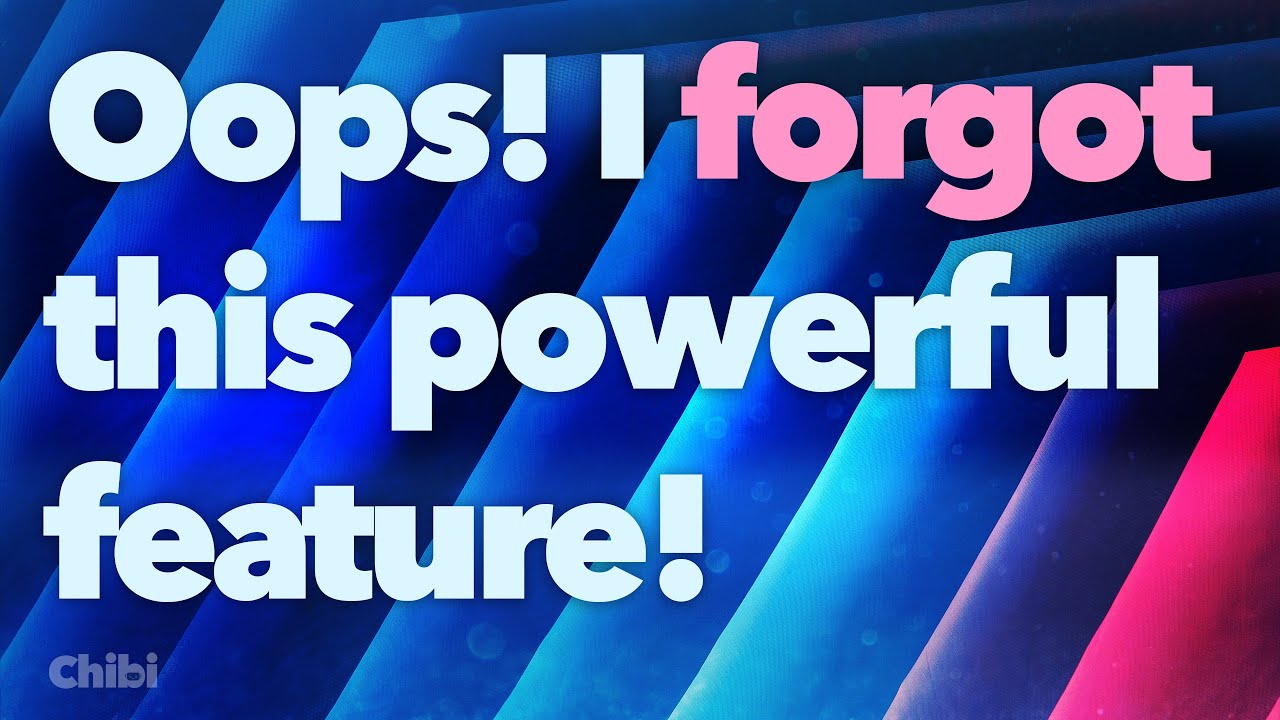The concept of an inanimate object with intelligence dates back to ancient times. In Greek myths, the god Hephaestus is said to have forged robot-like servants out of gold. Many thinkers, from Aristotle to René Descartes and Thomas Bayes, have attempted to describe the workings of human thought in terms of symbols and logic. They are responsible for laying the groundwork for the field of artificial intelligence.
Many people are worried about how AI will affect their jobs. A Gallup survey found that 73% of Americans believe that AI will eliminate more jobs than it creates. However, some occupations are better suited for automation, including cashiers and tollbooth operators. Other occupations are well-suited for automation, such as troubleshooting self-checkout machines. These are jobs that do not require a great deal of decision-making.
Today, AI helps companies identify objects in videos. Facebook, YouTube, and Disney+ have been using AI for years to identify people and objects in videos. They also use AI to generate subtitles and images from videos. In the future, AI may recognize objects and people in videos and offer other services. The technology will also help businesses identify objects and characters in videos. Artificial intelligence will deal with image recognition through computer vision. Further, businesses will be able to customize advertisements and content to target consumers based on their preferences and demographics.
Using AI-powered content creation, marketers can create content more efficiently and at scale. With AI, marketers can use content backed by data and gut instincts to create engaging content. While AI content creation is most commonly associated with written content, it is now showing signs of promise in the area of audio content. With AI content creation, content can be produced in a matter of seconds. This is a win-win situation for marketers.
As video content becomes increasingly popular, marketers are incorporating AI into their video marketing strategy. According to eMarketer, 62% of internet users accessed digital video content in 2017. By 2020, this number is predicted to rise to 63 percent. With more consumers spending time watching digital video content, marketers must use digital video to engage with their audience. Incorporating AI into video marketing strategy is the way forward. This technology can help marketers optimize their content and drive higher sales.
Increasing user engagement is one of the major benefits of AI. Videos can be edited more efficiently and effectively with the use of AI, since AI can identify important parts of a video and create a summarization automatically. AI can also create personalized recommendations for viewers. By analyzing viewers’ preferences and viewing habits, AI can suggest videos that will likely interest them. For example, video content creators can use AI to create personalized recommendations for their viewers.
As AI continues to develop, marketers should be aware of the opportunities it offers. For instance, AI-powered social media platforms can help marketers automate tasks and boost their ROI. These tools have the potential to transform the way marketers approach content marketing. In addition to automating tasks, AI can generate content and create social ads. It can also predict product purchases and content topics. The capabilities of AI in social media can help marketers make better decisions about the best strategies to use for their marketing campaigns.

